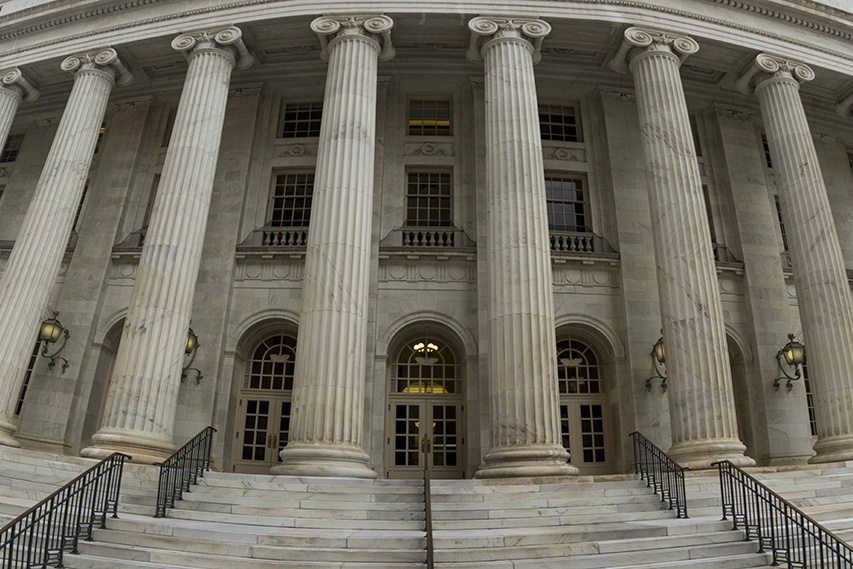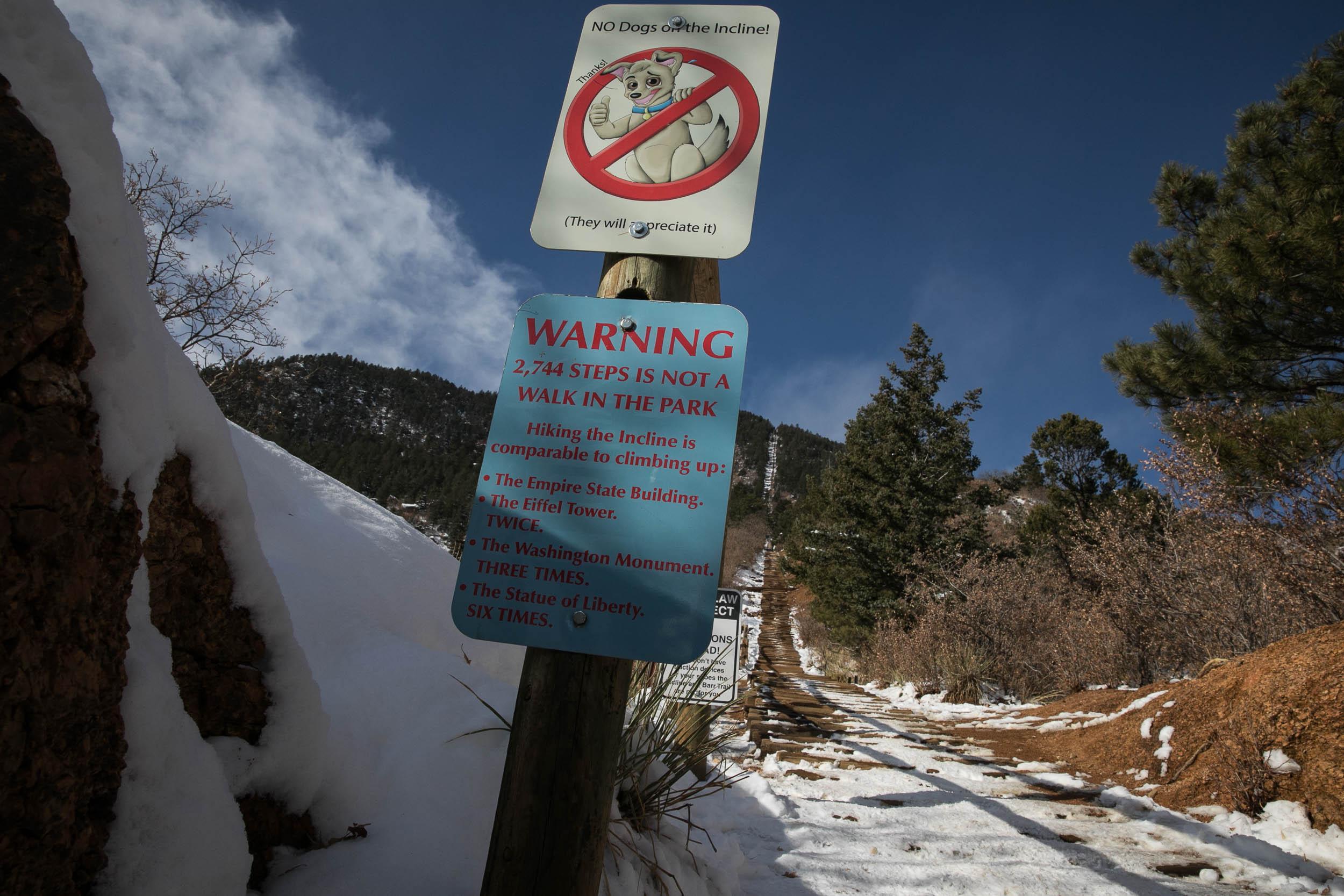
A recent ruling in the Tenth Circuit U.S. Court of Appeals in Denver could open the state treasurer up to a class action lawsuit over the Great Colorado Payback program.
The ongoing legal battle began in 2022 when Colorado residents David Knellinger and Robert Storey claimed state officials had violated their constitutional rights by failing to provide notice before taking their abandoned property under the state's Revised Uniform Unclaimed Property Act.
That legislation is the basis for the Great Colorado Payback program which works to reunite people, businesses, and organizations with lost and forgotten property or assets that have been turned over to the state. It’s managed by the state Department of Treasury and claims to have reunited people with more than $781 million worth of unclaimed property.
In the original suit, Knellinger and Stoney alleged that the Colorado Department of Treasury did not notify them before taking custody of their unclaimed property.
They argued the lack of notice violated their rights under the U.S. Constitution’s Takings Clause found of the Fifth Amendment as well as the Due Process Clause of the Fourteenth Amendment.
The suit claimed the law was unconstitutional and asked the court for an injunction to stop the government from enforcing it as well as damages for the thousands of people whose property was being held by the state.
However, the case was dismissed in 2023 after U.S. District Court Judge Charlotte N. Sweeney ruled Knellinger and Storey lacked standing because they had not demonstrated actual ownership of any property held by the state and they hadn’t used the Great Colorado Payback program to assert ownership of it.
The men appealed the dismissal, saying they “do not take issue” with the Great Colorado Payback program but believe it’s unconstitutional for the state to take property without providing notice or attempting to find its owners.
On Friday, the Tenth Circuit Court agreed. A three-judge panel reversed the lower court’s decision, ruling Kellinger and Stoney had credibly claimed that Colorado took their property for public use without just compensation and violated their rights. The decision allows them to sue the state treasurer.
The judges wrote that if the state wants to avoid lawsuits for unclaimed property, it could “decide voluntarily to revise its laws or practices … [and] could implement procedures designed to make just compensation more convenient or timely compared to inverse-condemnation litigation.”
The state treasurer’s office told CPR News it cannot comment on ongoing court matters.
The case now goes back to Judge Sweeney.







